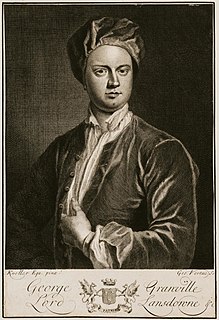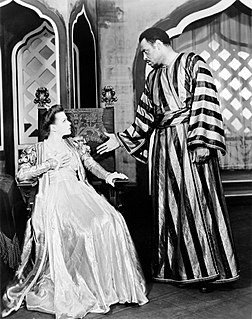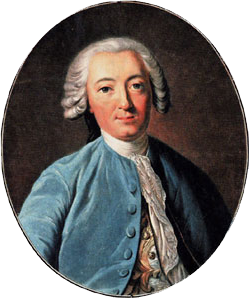A Quote by John Milton
He who reigns within himself and rules passions, desires, and fears is more than a king.
Related Quotes
Theoretically, the actor ought to be more sound in mind and body than other people, since he learns to understand the psychological problems of human beings when putting his own passions, his loves, fears, and rages to work in the service of the characters he plays. He will learn to face himself, to hide nothing from himself- and to do so takes AN INSATIABLE CURIOSITY ABOUT THE HUMAN CONDITION






































